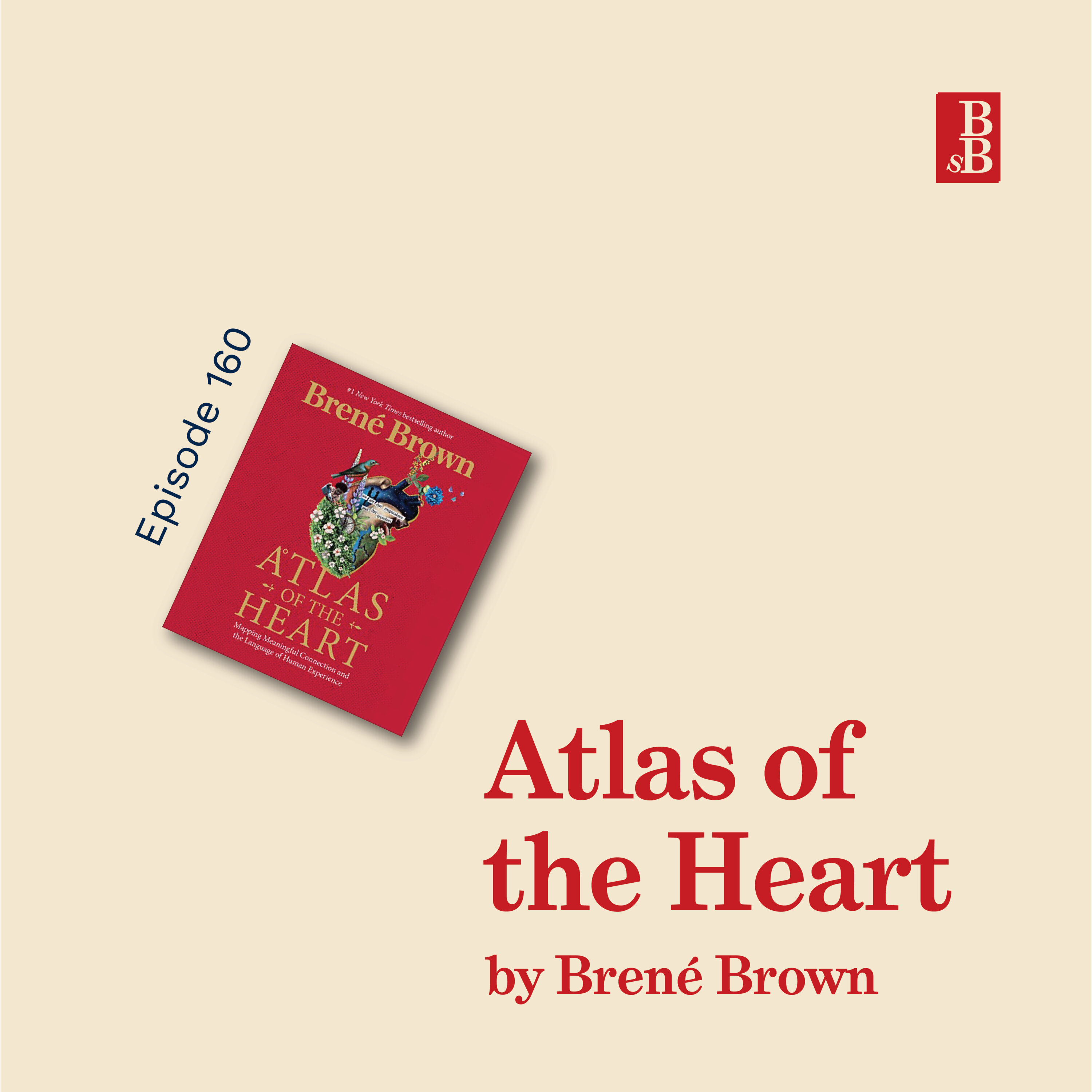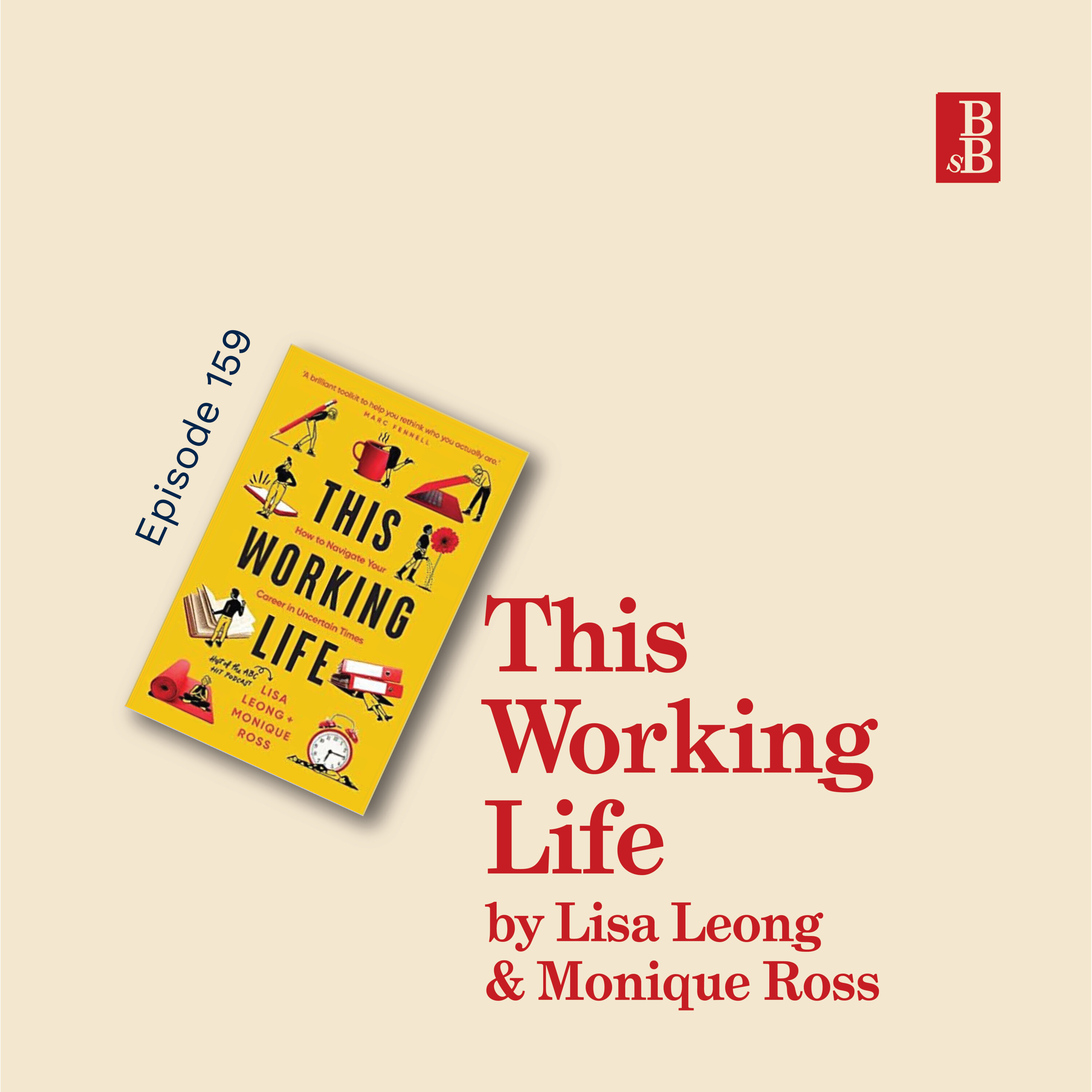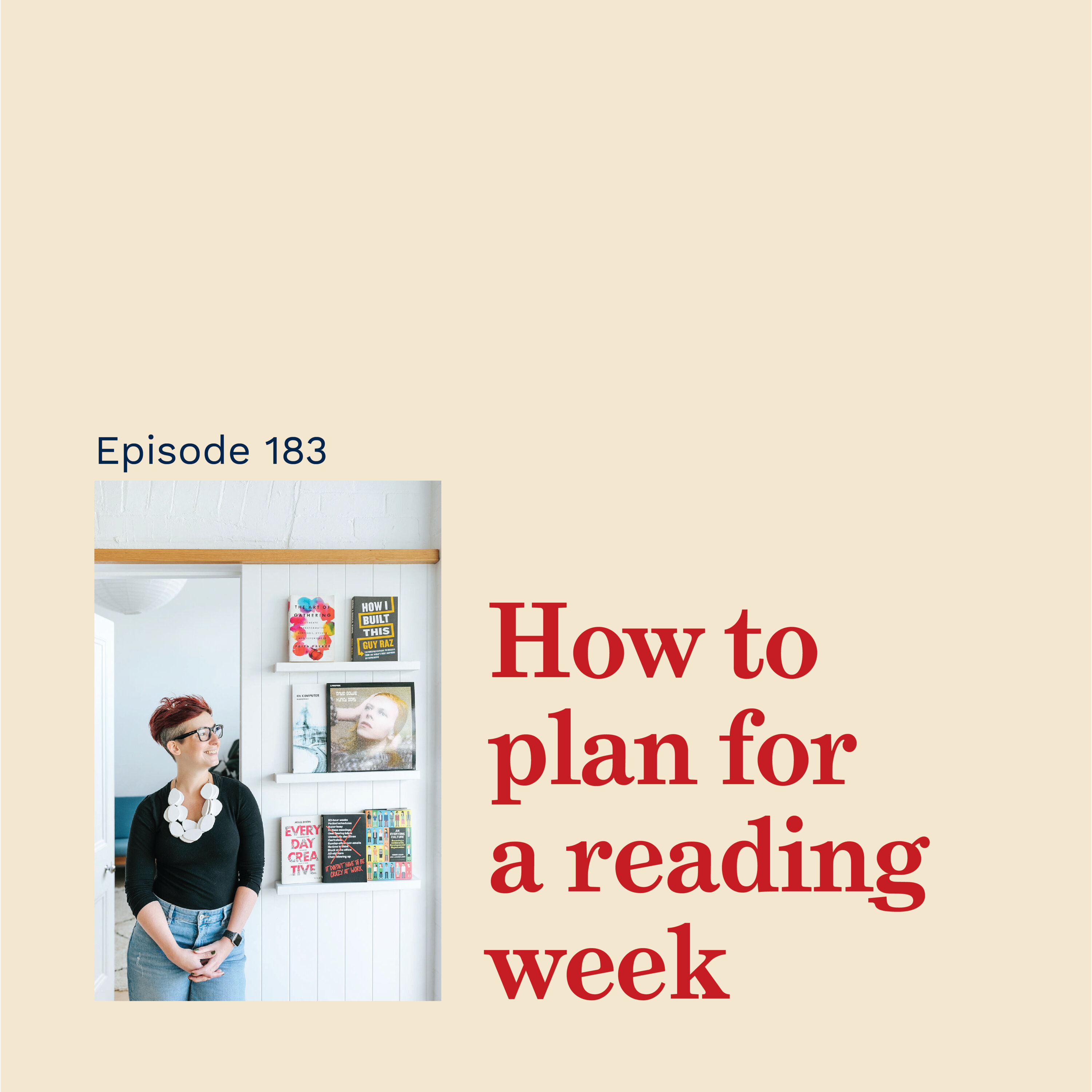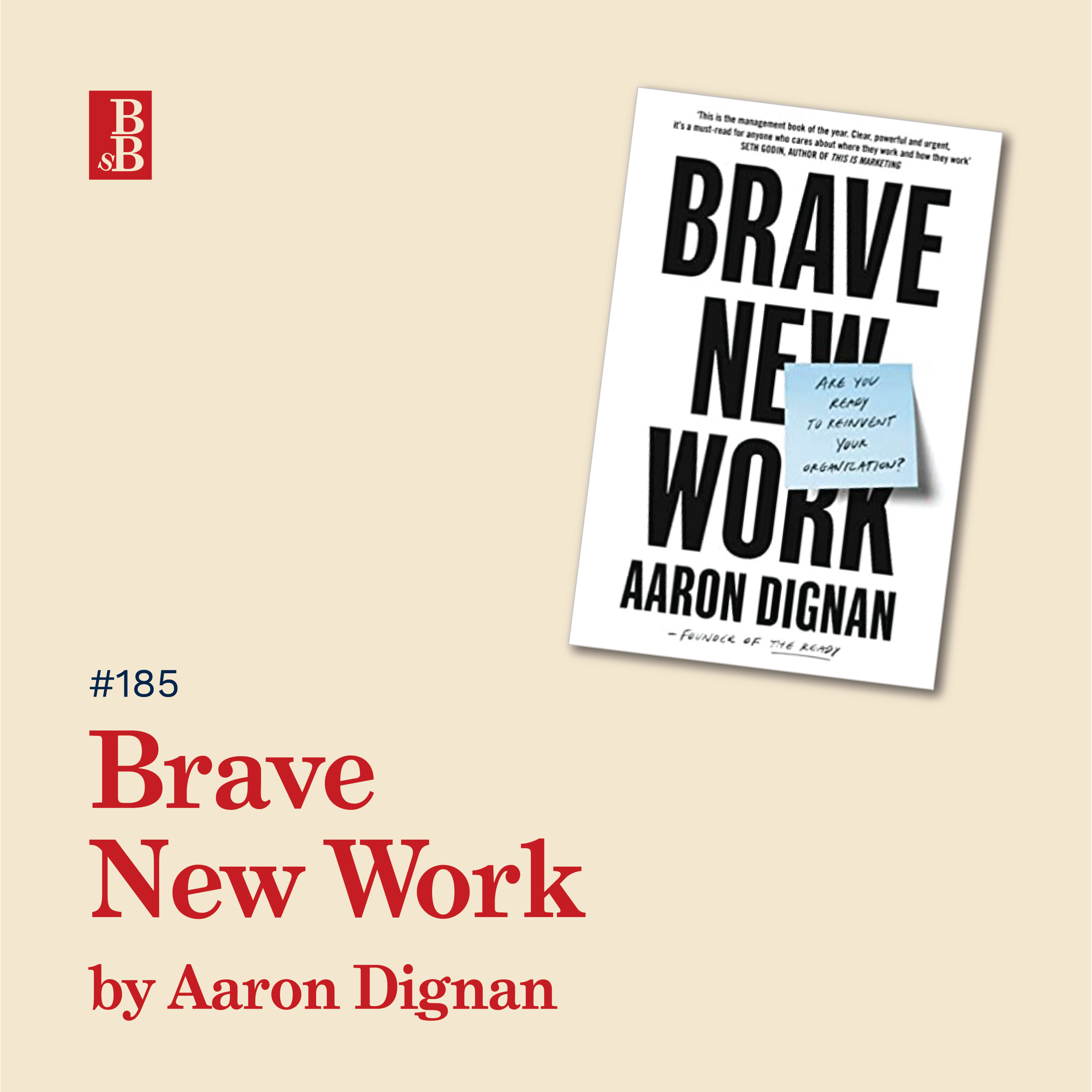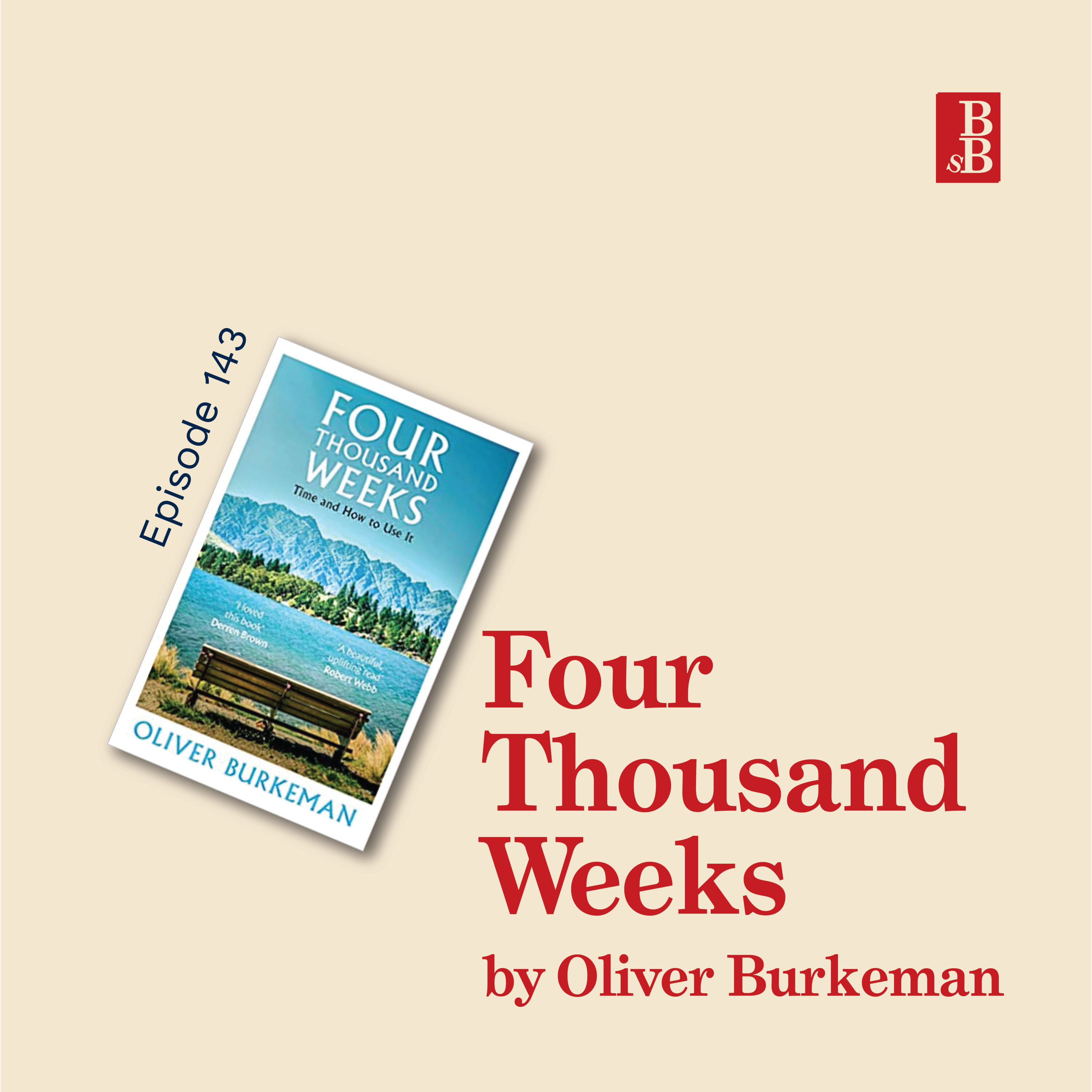Lost Connections by Johann Hari: Rethinking mental health
Sign up to the bookmark newsletter:
https://mailchi.mp/1119b1358a84/thebookmark
About the Author
Johann Hari is the author of two New York Times best-selling books. His first, ‘Chasing the Scream: the First and Last Days of the War on Drugs’, is currently being adapted into a major Hollywood feature film, and into a non-fiction documentary series.
He gave one of the most-viewed TED talks of all time: his talk, ‘Everything You Think You Know About Addiction is Wrong’, has (along with the animation based on it) been viewed more than 25 million times.
Johann was twice named ‘National Newspaper Journalist of the Year’ by Amnesty International. He has also been named ‘Cultural Commentator of the Year’ and ‘Environmental Commentator of the Year’ at the Comment Awards. He lives half the year in London, and spends the other half of the year traveling to research his books.
Source: https://2018.johannhari.com/index.php/biography/
Click here to buy on The Book Depository
https://www.bookdepository.com/Lost-Connections/9781408878729/?a_aid=stephsbookshelf
About the Book
Depression and anxiety are now at epidemic levels. Why?
Across the world, scientists have uncovered evidence for nine different causes. Some are in our biology – but most are in the way we are living today.
This New York Times best-selling book – lauded by everyone from Oprah to Elton John – offers a radical new way of thinking about this crisis.
It shows that once we understand the real causes, we can turn to pioneering new solutions – ones that offer real hope.
Source: https://thelostconnections.com/
Links
A criticism of the book and some of the points made –
Ben Goldacre on serotonin and depression – https://www.theguardian.com/commentisfree/2008/jan/26/badscience
Johann on Sam Harris’ podcast – https://samharris.org/podcasts/142-addiction-depression-meaningful-life/
BIG IDEA 1 (4:42) – The drugs don’t work.
The book criticises some doctors who just dose people without going deeper and asking the bigger questions. The idea of just giving people antidepressants without asking why they could depressed, sad or upset. He argues that the spectrum of depression or sadness is just part of the human condition. It is not always something requiring medication.
At what point does sadness becomes depression or something that’s not normal? There are various checklists that have been developed by health professionals, that get tweaked over the years. It seems the trend is diagnosing more people with depression and therefore putting them onto pills.
There are links and examples throughout the book about the drug companies and the efficacy of drugs. In particular the side effects versus the real effects. How much of the effects are based on science versus the marketing of the drug company?
The underlying myth that surrounds this is the serotonin myth. This idea that depression is purely a biological issue caused by low serotonin is pretty shaky from a scientific perspective. Whilst the author is criticizing doctors willingly giving out anti-depressants without asking deeper questions, it really leads to a bigger question of how the services are delivered. How they are funded and the lack of time doctors have to spend with the patients.
BIG IDEA 2 (7:53) – The power of disconnection.
In the book Johann Hari argues that there are nine real reasons for depression. These are disconnection from meaningful work, disconnection from people, disconnection from meaningful values, disconnection from childhood trauma, disconnection from status and respect, disconnection from the natural world and disconnection from a hopeful and secure future. The last two areas are the real role of genes and brain.
In these seven areas of disconnection, you can see yourself and the people around you in the stories told in the book. For example with disconnection from meaningful work, this a challenge when people do not having secure meaningful work. Underemployment is another example like those students graduating with degrees and with debts but without enough roles for them to go into.
WIth these examples you can see how society is perpetuating this problem of not having meaningful work. There was a quote in the book that says when work is enriching, life is fuller which flows through to the things you do outside of work.
However, if work really sucks your soul, you go home and even though you didn’t really use your brain, you feel exhausted. This is because you’re understimulated all day. This then leads to disconnection from others (you don’t feel like seeing people) and even disconnection from a hopeful and secure future which can be incredibly depressing.
There was a part in the book where it says people who had good support network, may include friends or a partner, are considerably less likely to become depressed even when faced with a very difficult life situation.
BIG IDEA 3 (12:40) – The joy of reconnection.
This is the opposite of big idea number two.
There are examples in the book where people have applied small things to reconnect to the seven areas of disconnection. This has a compound effect, the opposite to the vicious cycle of disconnection.
It’s how you pull yourself into meaningful work like reconnecting with people, getting into nature (something actually prescribed by doctors in some countries), dealing with childhood trauma or being more selfless. Some people even offer this as a service to help people get back to nature or help people reconnect with themselves and being part of humanity and the natural world.
Music By: Celebrate Your Heart – Instrumental Version ByMaytal Michaeli
Click here to buy on The Book Depository
Let’s Connect
LinkedIn: www.linkedin.com/in/steph-clarke
Instagram: @stephsbizbookshelf
Enjoying the show?
Please hit subscribe so you don’t miss an episode and leave a review on iTunes to help others find us.
See omnystudio.com/listener for privacy information.
Hey, have you subscribed to the bookmark newsletter? If you liked this, you might like my twice-monthly email with book reviews and ideas of what you should be reading, and listening to, next. Click here to subscribe.













